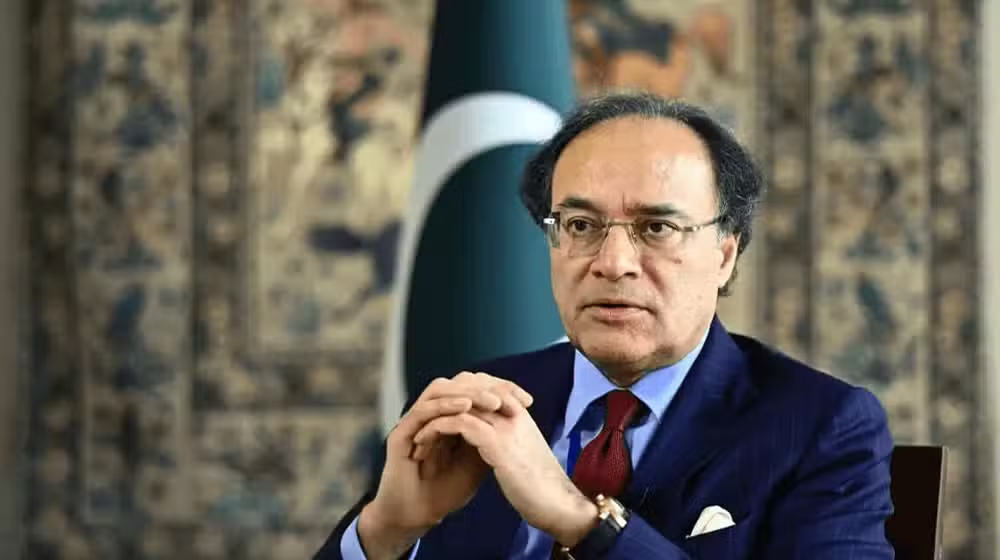Islamabad, Oct 25: Pakistan Investment Potential Promoted by FM at IMF/WB Meetings to Attract Global Investors
On the fourth day of his trip to Washington, DC, to attend the World Bank Group and IMF Annual Meetings 2024, Minister of Finance and Revenue Muhammad Aurangzeb continued his meetings.
The finance minister participated in several investment forums hosted by JP Morgan, Standard Chartered, and Citibank. He gave investors an update on the state of the economy over the previous fiscal year and conveyed his delight that all economic indicators were trending upward.
In particular, Aurangzeb discussed the importance of provincial governments in raising the tax-to-GDP ratio and the National Fiscal Pact that the federal government signed. He also highlighted significant reforms in the areas of energy, taxation, SOEs, privatization, and government right-sizing.
Along with answering investor concerns about the Sovereign Wealth Fund, Special Economic Zones, and Power Purchase Agreements (PPAs) being negotiated with Chinese IPPs, he also discussed the reforms being implemented in the FBR in the areas of people, process, and technology.
Dr. Muhammad Sulaiman Al Jasser, the president of the Islamic Development Bank, met with the finance minister. He valued IsDB’s funding in a variety of fields, including energy, transportation, education, and health, and recognized its position as a dependable partner in Pakistan’s development.
He specifically discussed the Saudi Minister of Investment’s trip to Pakistan for business-to-business meetings with the private sector. Along with other Arab Coordination Group members, he praised IsDB’s contribution in the Mohmand dam, saying it might be used as a model for future co-financing of comparable and even larger projects.
The US Pakistan Business Council (USPBC) leadership and members met with the finance minister over lunch. He recognized the role USPBC has played in strengthening Pakistan-US trade and investment relations. He told the attendees that the fact that over 80 US businesses were operating in Pakistan was evidence of the potential for profit in a market with 240 million people.
JP Morgan Bank representatives met with the finance minister. He gave a summary of the latest advancements in Pakistan’s economic prospects brought upon by the newly finished SBA. He emphasized how important the EFF is to be maintaining macroeconomic stability and carrying out fundamental reforms. By issuing the first Panda Bond, he demonstrated his determination to access the International Capital Markets (ICM) and emphasized significant improvements in the fields of taxation, privatization, and SOE reorganization.
The UK’s Minister of State for Development, Women, and Equalities, Anneliese Dodds, met with the finance minister. He valued the two nations’ enduring collaboration in the field of development. He praised the USD 120 million donation to Pakistan’s IFC Climate Investment Funds.
He reported that all cases involving the repatriation of profits and dividends had been cleared from the State Bank’s backlog. In order to take advantage of the new prospects brought about by the improved investment climate, he asked UK businesses to make investments in the mining, IT, agricultural, and minerals industries.
Finance Minister participated in the Small Talks Forum hosted by the Bank of America (BoFA) Securities. Providing a comprehensive picture of the Government’s macroeconomic stabilization efforts and performance of the economy over the last year, he reaffirmed the commitment of the government to all reforms under the EFF including in taxation, energy, privatization, and SOEs.
He informed that reforms were underway in the FBR in all three areas of people, process, and technology and resolved that the government would tap into international capital markets in due course. In the end, he invited partnerships in Pakistan’s agriculture, IT, mining, and renewable energy sectors.
